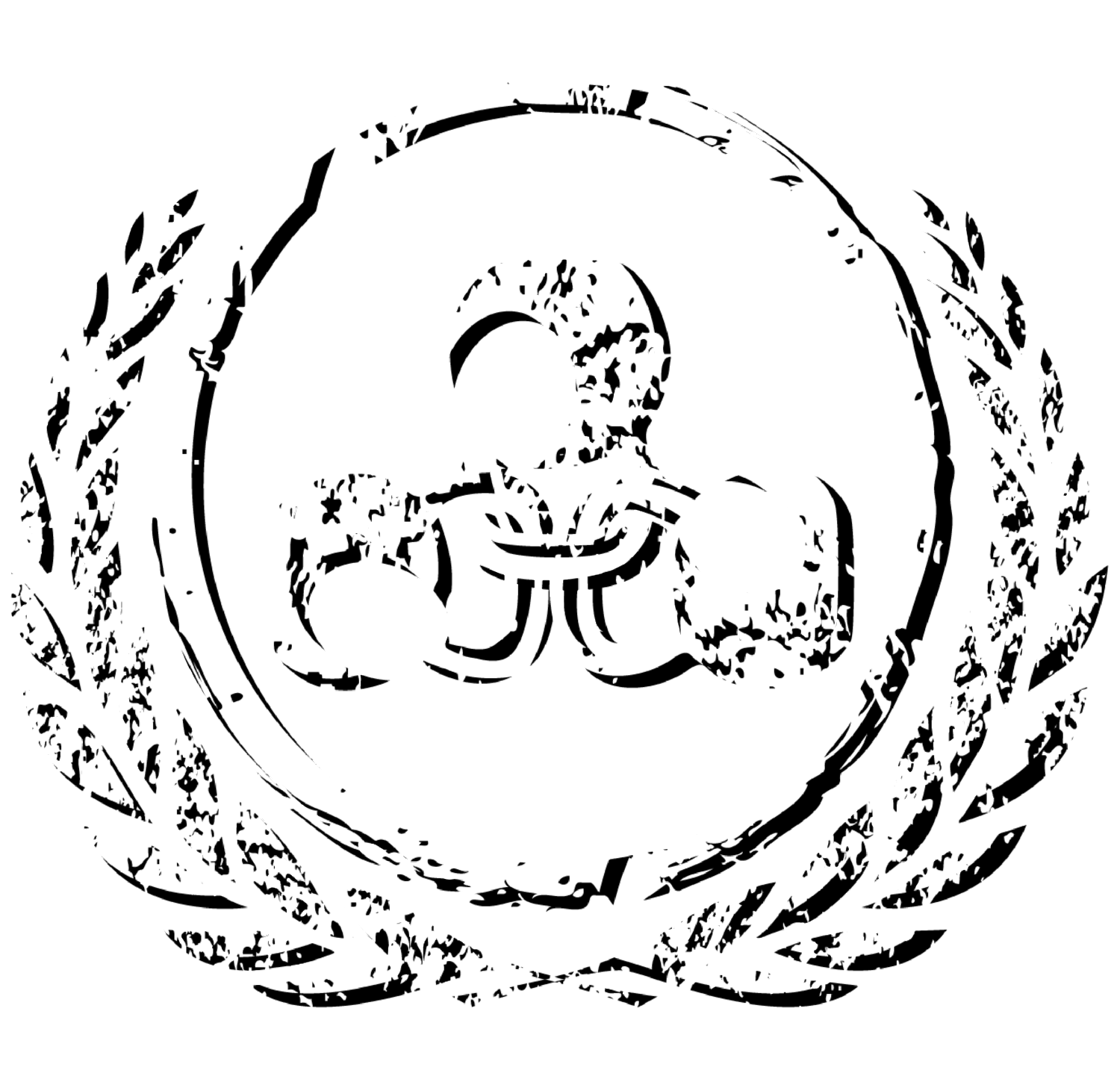No matter your level of immersion into all things CrossFit, you may have heard the name Ben Bergeron. Bergeron has been a long-time CrossFit coach and owner of CrossFit New England, but in recent years has earned further CrossFit fame and success with the win of his athlete Katrin Davidsdottir in the 2015 and 2016 Games. He also trains athletes Brooke Wells and Cole Sager, owns the company No Bull, and has his hand in many other health and fitness endeavors.
Last winter I read Bergeron’s book Chasing Excellence. In Chasing Excellence, Ben recounts his coaching experiences and stories of his athletes’ performances while threading his coaching philosophy throughout the narrative. His rules, unsurprisingly, are useful suggestions not only for athletes, but for anyone trying to live a happy, successful, and fulfilling life (so for everyone, essentially). I recommend it as a quick read; and even if you don’t consider sub-200 pages a quick read, he recounts much of the book in pieces in his weekly podcast with the same name. My favorite takeaways from the book are recapped below.
1. Don’t aspire to talent, aspire to grit.
When Bergeron talks about the athletes he wants to train, he insists that talent need not be their most important quality. Instead, he requires that all his athletes have grit: the willingness to show up every day to suffer, work their weaknesses, and come back for more.
2. Have a mental game that is unmatched.
Not only must his athletes have grit, but they must be willing to work their mental game as often as their physical training. Bergeron is well-known for helping his athletes train their minds as consistently as their bodies with techniques like visualization, meditation, and cognitive behavioral therapy.
3. Never whine. Never complain. Never make excuses.
Whether it is a Games athlete or an average gym-goer, Bergeron does not allow complaining or a negative attitude within the doors of CFNE. He doesn’t allow excuses for why a workout went wrong (I am tired, sore, nervous, etc). His practice of optimism and positive self-talk is evident in the athletes he trains in a number of CrossFit documentaries; when you watch, pay attention to how Katrin and Cole talk about their competition experiences. While many of the other athletes mention how much sleep they didn't get or how sore they felt from the day before, Katrina and Cole always frame their responses in the positive.


